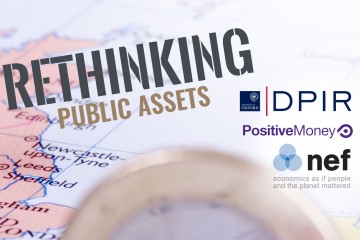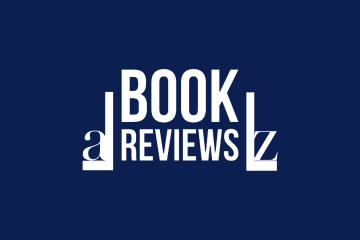
Rethinking public assets: innovations in money
Rethinking public assets: innovations in money
Play Episode
Pause Episode
Mute/Unmute Episode
Rewind 10 Seconds
1x
Fast Forward 30 seconds
00:00
/
56 minutes.
Subscribe
Share
RSS Feed
Share
Link
Embed
Download file | Play in new window | Duration: 56 minutes.The UK has a crucial role to play in the debate over how the EU should be reformed. This session engages in a conversation as to why and how.

Rethinking public assets: managing wealth
Rethinking public assets: managing wealth
Play Episode
Pause Episode
Mute/Unmute Episode
Rewind 10 Seconds
1x
Fast Forward 30 seconds
00:00
/
1 hour, 8 minutes.
Subscribe
Share
RSS Feed
Share
Link
Embed
Download file | Play in new window | Duration: 1 hour, 8 minutes.The UK has a crucial role to play in the debate over how the EU should be reformed. This session engages in a conversation as to why and how.

Rethinking the public wealth of nations
Most governments know a lot about their debt but little about their assets. In the wake of the 2008 financial crisis, as governments mobilized to manage their public debt, they largely ignored their public assets. Some countries, such as the Baltic states and Portugal, took steps to appraise their wealth, but most did not. The United States, for example, chose not to participate in a 2011 initiative by the Organisation for Economic Cooperation and Development (OECD) to evaluate the size and composition of state-owned firms in member countries. But a better understanding of public commercial assets — defined as government property that generates profit, such as state-owned firms, real estate, and forests — could help yield significant amounts of wealth …

UK Housing: Fixing the ‘doom loop’ between land value, inadequate supply and insecure financing
In this article, I argue that there exists a dangerous positive feedback loop between land value, embodied in house prices, and the banking system which lies at the heart of modern economies. In response, policies are required to capture more land value for the public good, perhaps through alternative forms of taxation or the creation of public land banks, to help minimise speculative investment in an effort to reduce rising inequality. Different types of banks focused on business lending may also be required. The UK and German economies are compared to shed light on alternative policies. Andrew Haldane, the Bank of England’s free-thinking Chief Economist, characterised the relationship between modern banks and the state as a ‘doom loop’. Once banks …

Who creates money?
If you ask a person in the street ‘how is money created?’ they will probably look at you blankly. A couple might hazard a guess and say the Bank of England. There’s a Chinese proverb that says: ‘The fish is the last to know water.’ Money is all around us, playing a role in almost everything we do, yet it can be difficult to understand. We are swimming in a society that depends on money—that’s become obsessed with money—but few of us know where it comes from or how it actually works. A landmark paper[1] released by the Bank of England in March 2014 explains how private banks create the vast majority of money we use when they make loans. …

Labour’s EU referendum stance could lead to a general election disaster
If the Scottish independence referendum has taught us anything, it has shown the ability of a vote on a non-partisan question to reshape the subsequent partisan political landscape. As with the Scottish referendum, the referendum on the United Kingdom’s continued EU membership is likely to generate a high level of interest and engagement. Turnout could well exceed general election levels. It could also spell electoral disaster for Labour in the next general election. Many in the Labour Party assume that the party’s unified stance in favour of remaining in the EU will be politically beneficial, particularly in contrast to a Conservative Party which is divided on this issue. However, I predict that Labour’s unwillingness to engage with a left-wing Euroscepticism …

Jonathan Wright responds to Jonathan Maynard’s Questions on Mental Maps
This review of Mental Maps in the Era of Détente and the End of the Cold War 1968-1991 is as much sweeping as it is detailed. Jonathan Wright highlights the main arguments each contributor has made to this edited volume dedicated to the thinking that prevailed during the closing decades of the Cold War. How did world leaders think? How did their thinking change and how did this impact the course of the Cold War? On behalf of his co-editor Steven Casey, as well as of each contributing author, Jonathan Wright makes the case that, “The great crises of the twentieth century sometimes allowed leaders even with very different ideologies to find something in common, a shared orientation in their mental maps.”

A Critical Case: The United Kingdom and New Public Management
Julián López Murcia interviews Christopher Hood and Ruth Dixon about their new book ‘A Government that Worked Better and Cost Less? Evaluating Three Decades of Reform and Change in UK Central Government’ which recently won the 2015 Louis Brownlow Book Award from the US National Academy of Public Administration.









